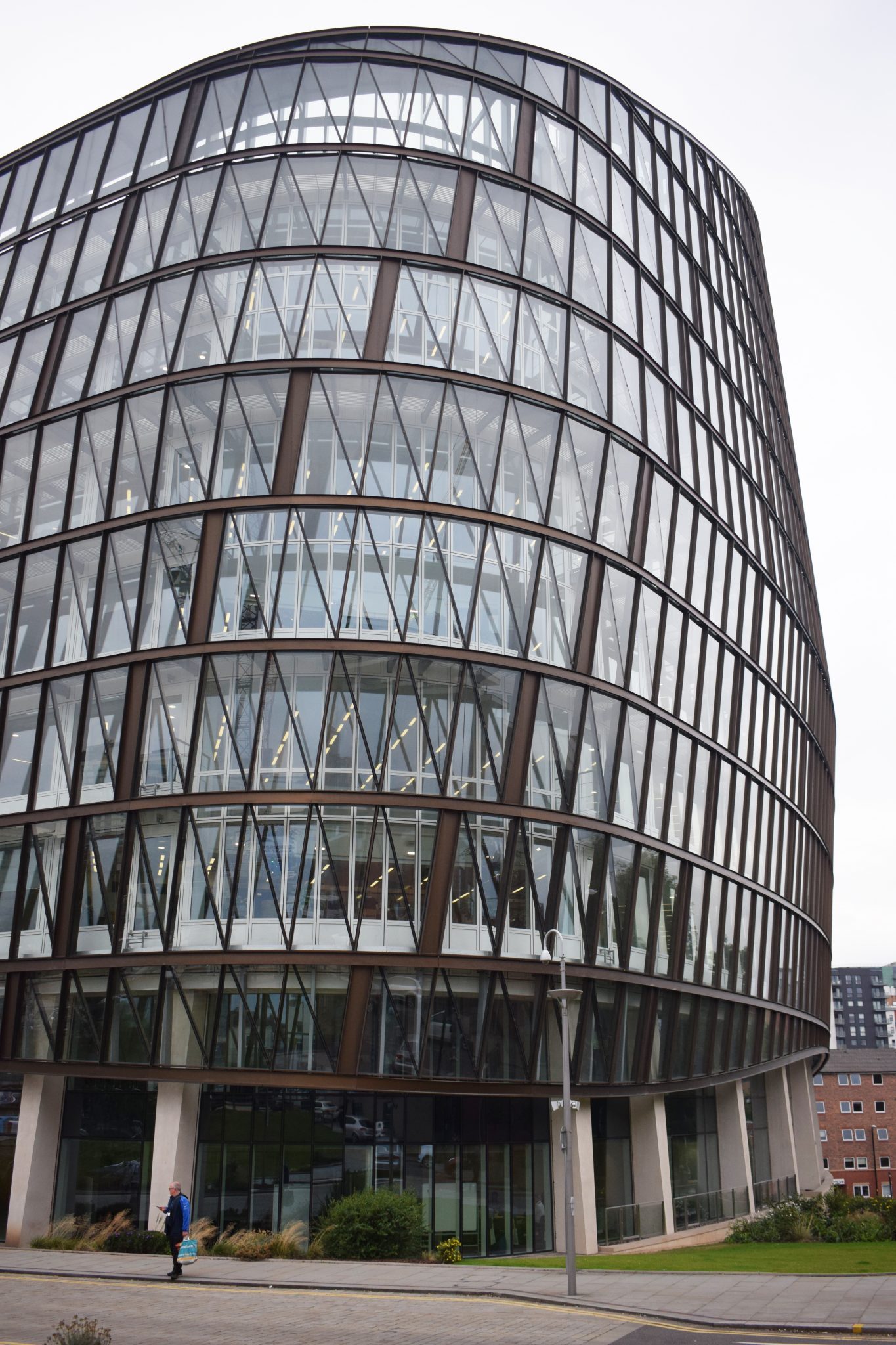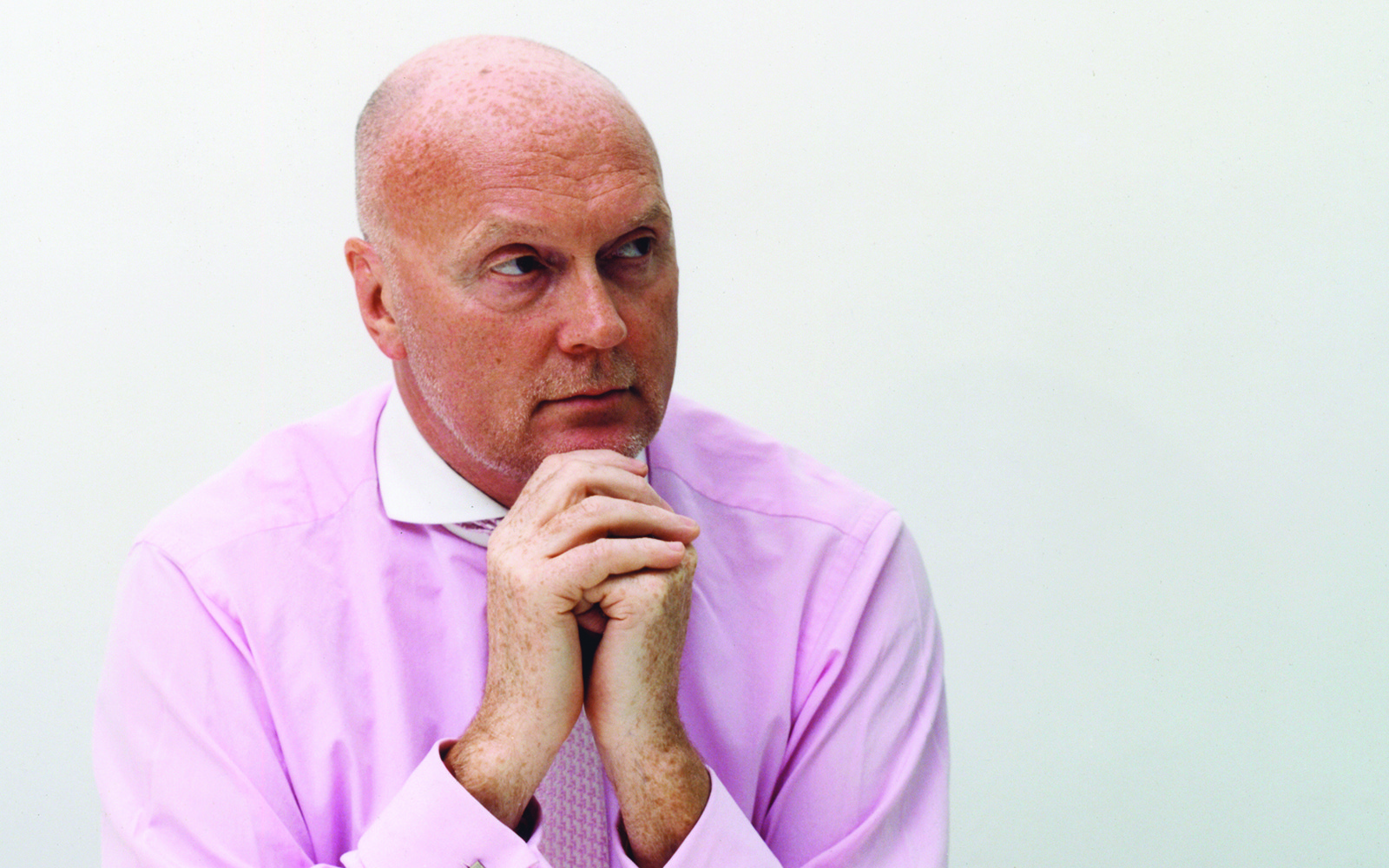The Co-op Group has reported a fall in operating profit from £72m in 2016 to £51m in its 2017 interim results, which it says reflects “the continuing rebuild of businesses”.
Underlying profit before tax was down 48% to £14m (2016: £27m). The Group said profits were in line with a strategy of investing in its businesses and returning £35m to members and their communities through its rewards scheme. They also reflected a fall in insurance profits.
Profit before tax rose 47% to £25m (2016: £17m), reflecting a number of one-offs and non-trading items and a strong performance from core businesses, said the report.
- Group revenues were stable at £4.6bn, with food reporting like-for-like sales up 3.5%, its 14th consecutive quarter of growth; core convenience like-for-like sales rose 4.5%.
- Reported food sales fell 1.2% to £3.48bn but were 0.7% higher year-on-year when excluding the sales from the 298 stores sold to McColl’s.
- Funeralcare revenues rose 1.2% to £166m with market share increasing to 16.4%, supported by growth of Simple Funeral offer.
- Insurance Net Earned Premiums fell 21% to £164m, in line with plans and due to the purchase of additional reinsurance to support its claims position during a business transformation.
- Legal Services sales up 9.1% to £12m due to strong growth in probate and estate planning sales.
- The debt was maintained well below the £900m guidance level at £680m.
The Group said its investment programme had opened 34 food stores and 27 funeral homes in the first half, and it had enhanced the use of digital technology for member interactions.
Members now account for 33.4% of food sales at the half year, up from 20.6% in June 2016, the report added. The Group recruited more than half a million members in the first half of year, taking active membership to 4.5 million people across the UK.
The report said “significant Co-op member value” had been generated, with £29m invested in member rewards and £6m going to more than 4,000 local causes.
In terms of recruitment, the executive team now has more women than men for the first time. Pippa Wicks remains deputy CEO, and Jo Whitfield has been appointed CEO, Co-op Food. Helen Webb is chief HR officer; and Helen Grantham is permanent Group secretary and general counsel.
Across the business, 333 apprentices were recruited in the first half of 2017, taking the total number hired in the last two years to 1,400. The Group plans to recruit a total of 1,000 apprentices in 2017.

Chair Allan Leighton said: “It’s been an important six months for the Co-op Group, in which we have been able to give back to our members and their communities far more than we have for many years. We have also continued to lead the way in ethical commerce and campaigning on the issues that matter to our members, from championing Fairtrade to tackling loneliness and modern-day slavery.
“We can be proud of what’s been achieved, but we want to remain ambitious. The goal now is to spread the word further, while also deepening the relationship with our members and their communities.”
Following the interim results, the Group announced it had sold the remaining 1% of its stake in the Co-operative Bank.
Looking ahead, the report warned inflation would hit the Food business, denting consumers’ spending power and increasing competition in the convenience sector.
“Our focus will remain on making the shopping experience for our members and customers even better,” it added.

In the Funerals business, the Group said it will be using digital technology to enable its colleagues to spend more time supporting bereaved families.
Developments in IT will continue in the Insurance business, with further changes coming in to keep pace with a challenging market.
“Our markets continue to be fiercely competitive and alongside this remains an uncertain economic backdrop,” said the report. “We remain on track in terms of the continued investment in our business which is returning benefits to our members and their communities, both now and for the long term.”
Interviewed on BBC Breakfast, chief executive Steve Murrells said: “Our core businesses are doing really well and at the same time we’ve been able to put £35m back into the pockets of our members and their local causes. The combination of those two things is giving us good confidence and we’ve started the year off well.”
2017 has seen a continued rise of the discounters, with Aldi moving past the Group to become the fifth largest UK grocer in February. But Mr Murrells said: “I’m actually quite relaxed about market share numbers. In fact, our strategy 18 months ago set out the fact we would lose a little bit of market share as we disposed of some of our stores and what we’re now seeing is that playing out.
“If you strip those 300 stores out of the number we’ve recently sold, our underlying share is still growing and our convenience business is seeing a 4.5% like for like.
“Our Funeral business is seeing its market share grow as well so this tells me the co-op way of doing business is connecting more and more with the country.”
The sale of stores to convenience chain McColls has been followed by an attempt to buy mutual retailer Nisa, and Mr Murrells was asked if the Group was expanding or not.
He said: “We’re certainly looking to grow our scale through buying, and if we do look into doing more in areas of wholesaling, that gives us more scale that we would seek to pass this down through lower prices to members and customers.

“The stores that we have disposed of weren’t the type of stores that we wanted in terms of our convenience offer. They were very small stores, round about 1000 sq ft. They work well for McColl’s but they weren’t what we wanted for our future.
“At the same time we’re opening 100 new stores each year so the cogs of growth continue to be wheeled and we continue to look at our store portfolio as we continue.”
Asked how inflation following the Brexit vote would affect prices in store, he said: “Certainly inflation is coming through. We’re working hard to put a ceiling on that and we haven’t passed as much on, we’ve absorbed it.
“Striking the balance between making sure we do the right thing with our suppliers is important, the pound has devalued. But again the co-op difference about being able to give £35m back to its members at a time when they need it is something that only we can do and we’ll continue to do that as Brexit bites.”

